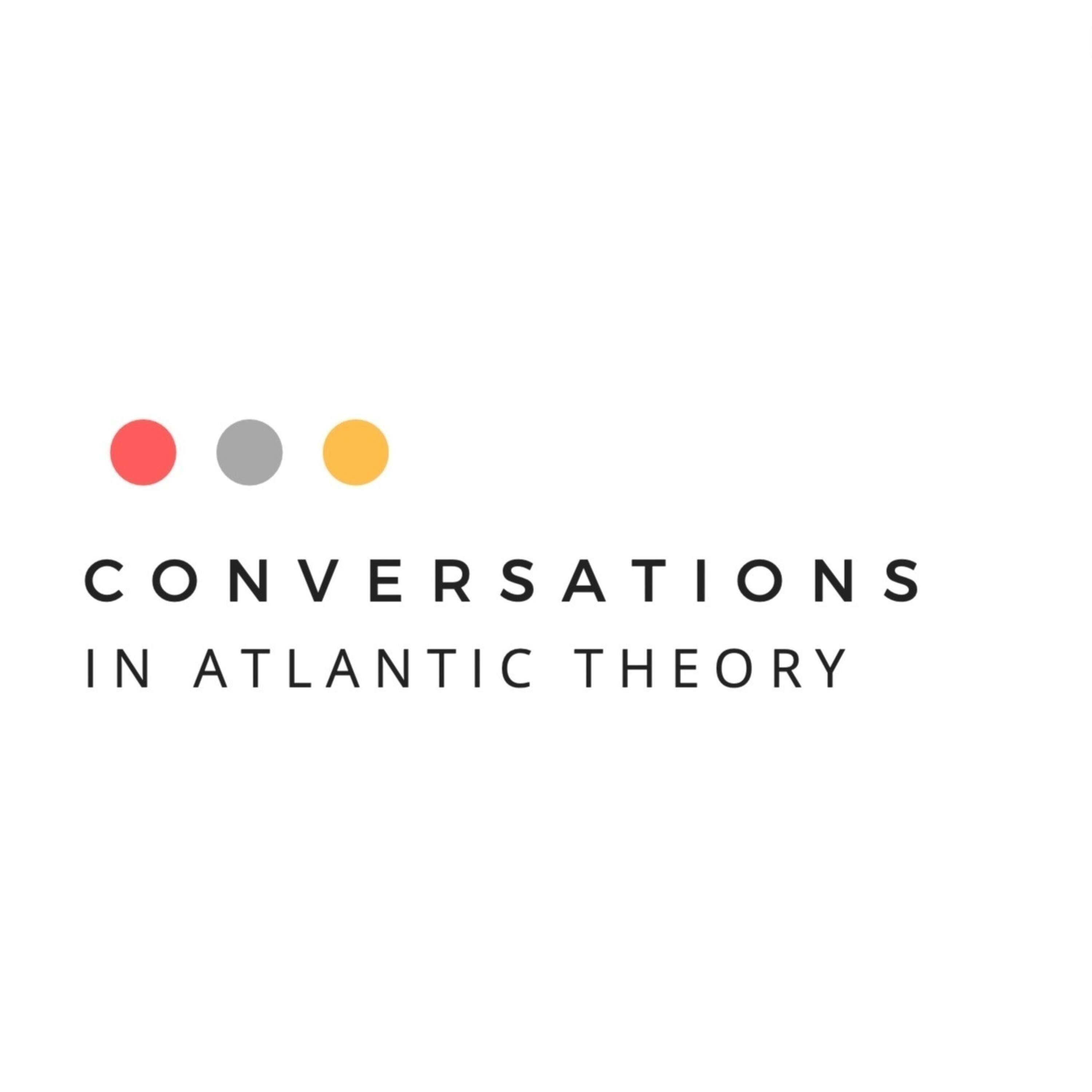- After-Shows
- Alternative
- Animals
- Animation
- Arts
- Astronomy
- Automotive
- Aviation
- Baseball
- Basketball
- Beauty
- Books
- Buddhism
- Business
- Careers
- Chemistry
- Christianity
- Climate
- Comedy
- Commentary
- Courses
- Crafts
- Cricket
- Cryptocurrency
- Culture
- Daily
- Design
- Documentary
- Drama
- Earth
- Education
- Entertainment
- Entrepreneurship
- Family
- Fantasy
- Fashion
- Fiction
- Film
- Fitness
- Food
- Football
- Games
- Garden
- Golf
- Government
- Health
- Hinduism
- History
- Hobbies
- Hockey
- Home
- How-To
- Improv
- Interviews
- Investing
- Islam
- Journals
- Judaism
- Kids
- Language
- Learning
- Leisure
- Life
- Management
- Manga
- Marketing
- Mathematics
- Medicine
- Mental
- Music
- Natural
- Nature
- News
- Non-Profit
- Nutrition
- Parenting
- Performing
- Personal
- Pets
- Philosophy
- Physics
- Places
- Politics
- Relationships
- Religion
- Reviews
- Role-Playing
- Rugby
- Running
- Science
- Self-Improvement
- Sexuality
- Soccer
- Social
- Society
- Spirituality
- Sports
- Stand-Up
- Stories
- Swimming
- TV
- Tabletop
- Technology
- Tennis
- Travel
- True Crime
- Episode-Games
- Visual
- Volleyball
- Weather
- Wilderness
- Wrestling
- Other
Nicholas Harrison on Our Civilizing Mission: The Lessons of Colonial Education
Today’s discussion is with Dr. Nicholas Harrison, he is a Professor of French and Postcolonial Studies at King’s College London. During hisstudent years he worked as a teacher at the university of Tunis, at a school in rural Quebec, and at the ENS in Paris. He returned to the UK to take up a Junior Research Fellowship at St Catharine’s College, Cambridge in 1992. There he began work on francophone literature of the Maghreb, and went on to become the first person to teach that material at Cambridge and then at University College London. His research interests are quite diverse, stretching across film, translation studies, and comparative literature, but one of his recurring concerns has been the sort of political work that literary texts – and also films – are understood to do, or imagined to do, by writers, censors, critics, and teachers. His first book, Circles of Censorship, appeared in 1995; his second, Postcolonial Criticism: History, Theory and the Work of Fiction, in 2003, and his third, which we will discuss today is titled Our Civilizing Mission: The Lessons of Colonial Education – which is now available on open access – in 2019.

